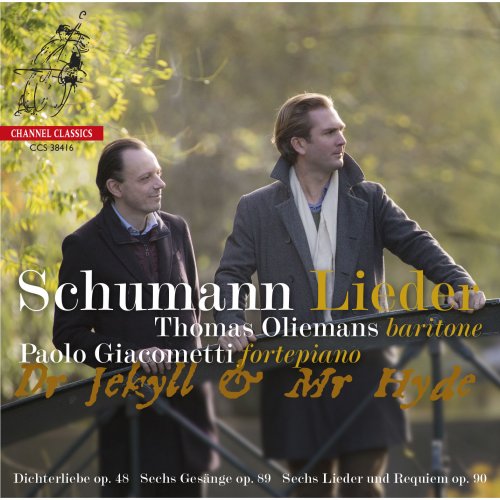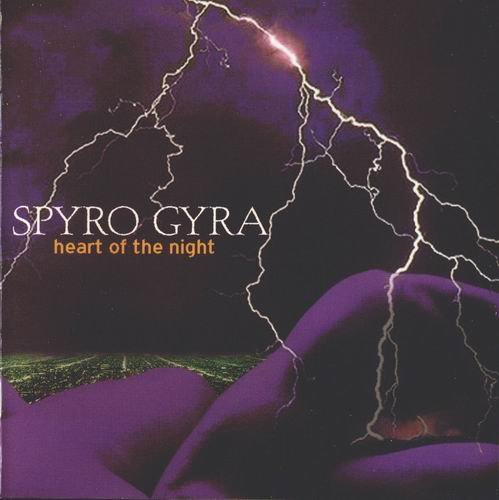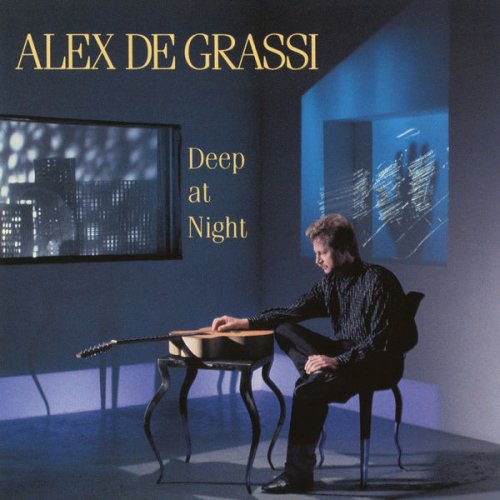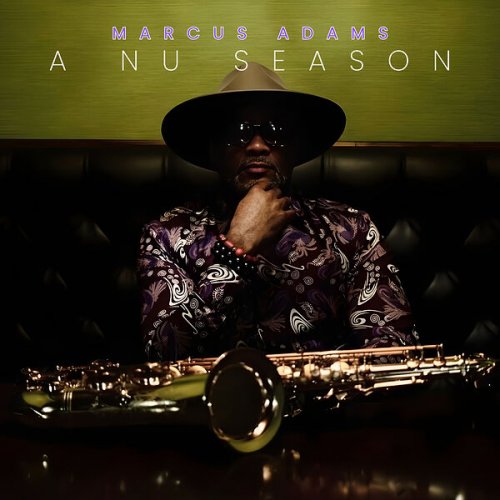Thomas Oliemans & Paolo Giacometti - Dr Jekyll & Mr Hyde - Schumann: Lieder (2016) [Hi-Res]

Artist: Thomas Oliemans, Paolo Giacometti
Title: Dr Jekyll & Mr Hyde - Schumann: Lieder
Year Of Release: 2016
Label: Channel Classics Records
Genre: Classical
Quality: FLAC (tracks, booklet) [192kHz/24bit]
Total Time: 1:02:22
Total Size: 1.69 GB / 200 MB
WebSite: Album Preview
Tracklist:Title: Dr Jekyll & Mr Hyde - Schumann: Lieder
Year Of Release: 2016
Label: Channel Classics Records
Genre: Classical
Quality: FLAC (tracks, booklet) [192kHz/24bit]
Total Time: 1:02:22
Total Size: 1.69 GB / 200 MB
WebSite: Album Preview
01. Im wunderschönen Monat Mai
02. Aus meinen Tränen spriessen
03. Die Rose, die Lilie, die Taube, die Sonne
04. Wenn ich in deine Augen seh’
05. Ich will meine Seele tauchen
06. Im Rhein, im schönen Strome
07. Ich grolle nicht, und wenn das Herz auch bricht
08. Und wüßten’s die Blumen, die kleinen
09. Das ist ein Flöten und Geigen
10. Hör’ ich das Liedchen klingen
11. Ein Jüngling liebt ein Mädchen
12. Am leuchtenden Sommermorgen
13. Ich hab’ im Traum geweinet
14. Allnächtlich im Traume seh’ ich dich
15. Aus alten Märchen winkt es
16. Die alten, bösen Lieder
17. I Es stürmet am Abendhimmel
18. II Heimliches Verschwinden
19. III Herbstlied
20. IV Abschied vom Walde
21. V Ins Freie
22. VI Röselein, Röselein!
23. I Lied eines Schmiedes
24. II Meine Rose (‘Dem holden Lenzegeschmeide’)
25. III Kommen und Scheiden
26. IV Die Sennin
27. V Einsamkeit
28. VI Der schwere Abend
29. Requiem
“Two souls, alas, reside within my breast” Faust ascertained, and he was not the first to do so. From time immemorial we have quite some struggle with our inner contradictions, and we try to restrain them in many ways. Knowledge, alchemy, music, literature and drink are just some of the paths we follow in search of clarification and in the hope of gaining mastery of these troublemakers. Through the centuries all this has given rise to many literary and mythological couples: Apollo and Dionysus, Yin and Yang, but Florestan and Eusebius, Schumann’s literary and musical alter egos, are part of this tradition as well. The cautious, gentle Eusebius, as distinct from the more impulsive, high-spirited Florestan, prevail over both the musical and literary oeuvre of Schumann, as a line of approach, a disguise, and an attempt to get a grip on his inner turmoil. In his Dr Jekyll and Mr Hyde (1886) the Scottish writer R.L. Stevenson created two similarly mythical figures in the same vein. But while Schumann (and many before him) entertains the hope or illusion that Florestan and Eusebius will come to terms with one another in a happy ending, Stevenson has the well-meaning doctor Jekyll meet his end through his own evil self: the beastly murderer Mr Hyde.

![VA - Bossa n' Collins (2026) [Hi-Res] VA - Bossa n' Collins (2026) [Hi-Res]](https://www.dibpic.com/uploads/posts/2026-01/1767358905_z6fj4mp1lrn4a_600.jpg)
![Free Nelson MandoomJazz - The Organ Grinder (2016) [Hi-Res] Free Nelson MandoomJazz - The Organ Grinder (2016) [Hi-Res]](https://www.dibpic.com/uploads/posts/2025-12/1767100637_free-nelson-mandoomjazz-the-organ-grinder-2016.jpg)





![Eck Adahg Jeff Armstrong & Ra Kalam Bob Moses - Freedom is Now (2026) [Hi-Res] Eck Adahg Jeff Armstrong & Ra Kalam Bob Moses - Freedom is Now (2026) [Hi-Res]](https://www.dibpic.com/uploads/posts/2026-01/1767358838_qkuy7nuk29ov3_600.jpg)